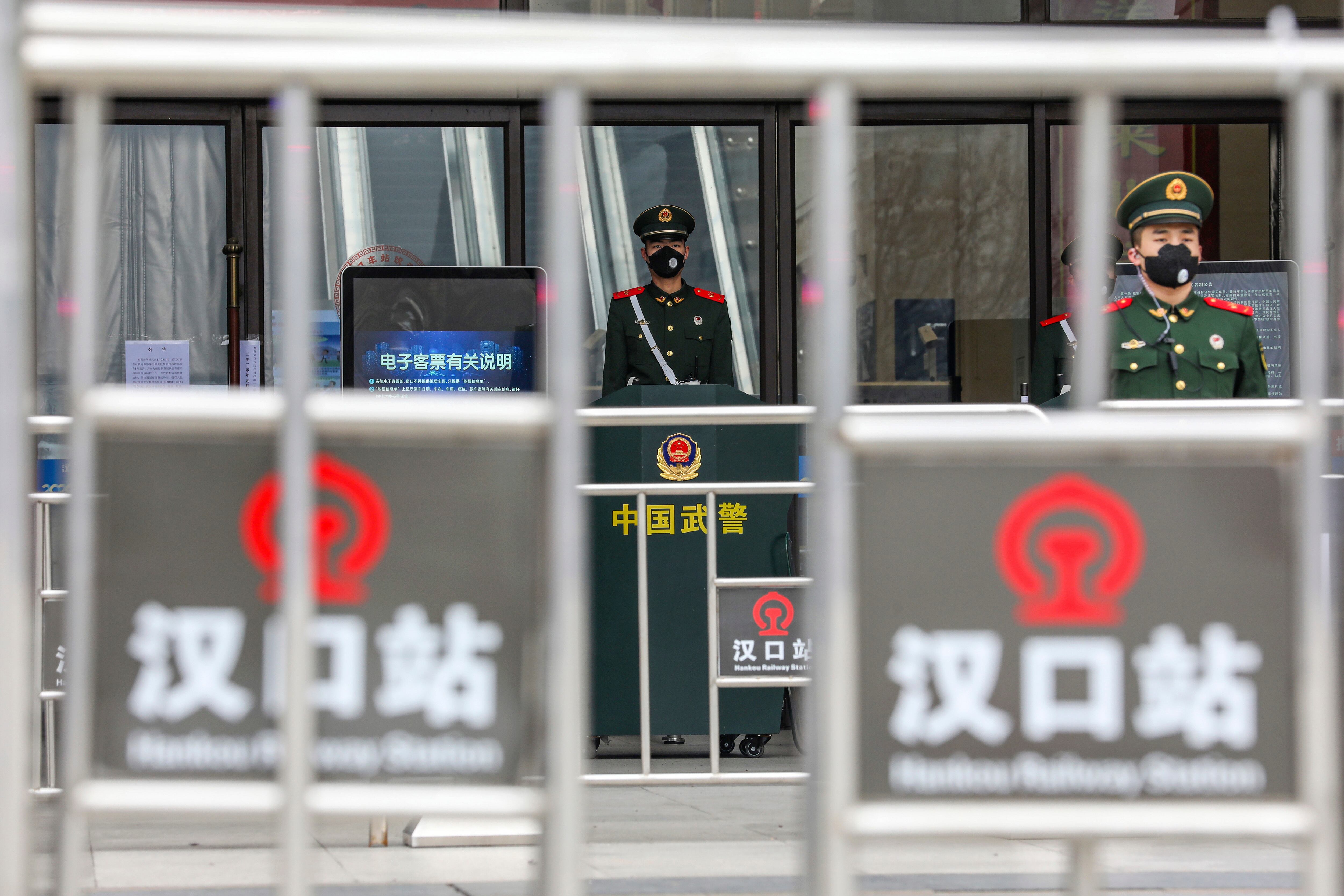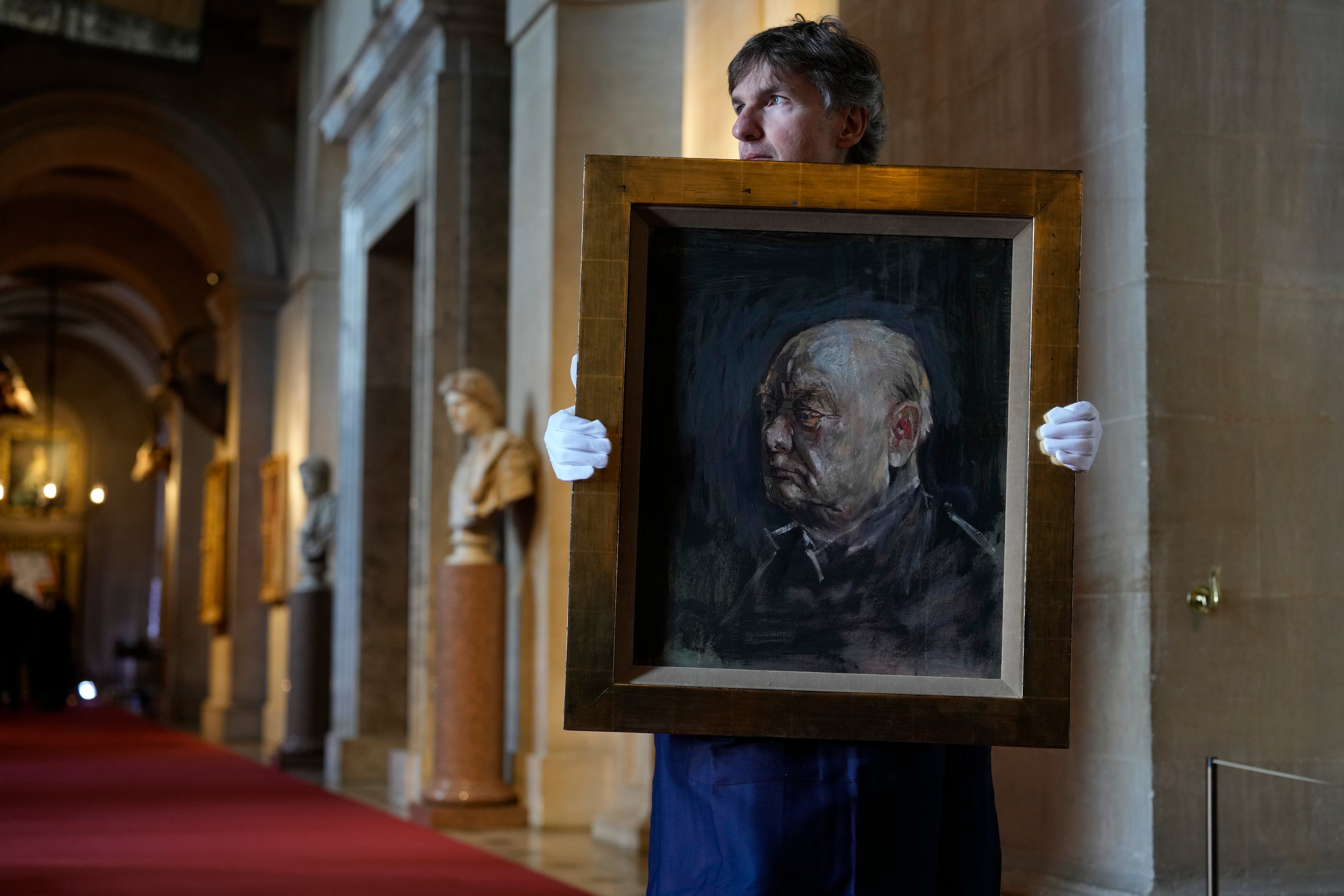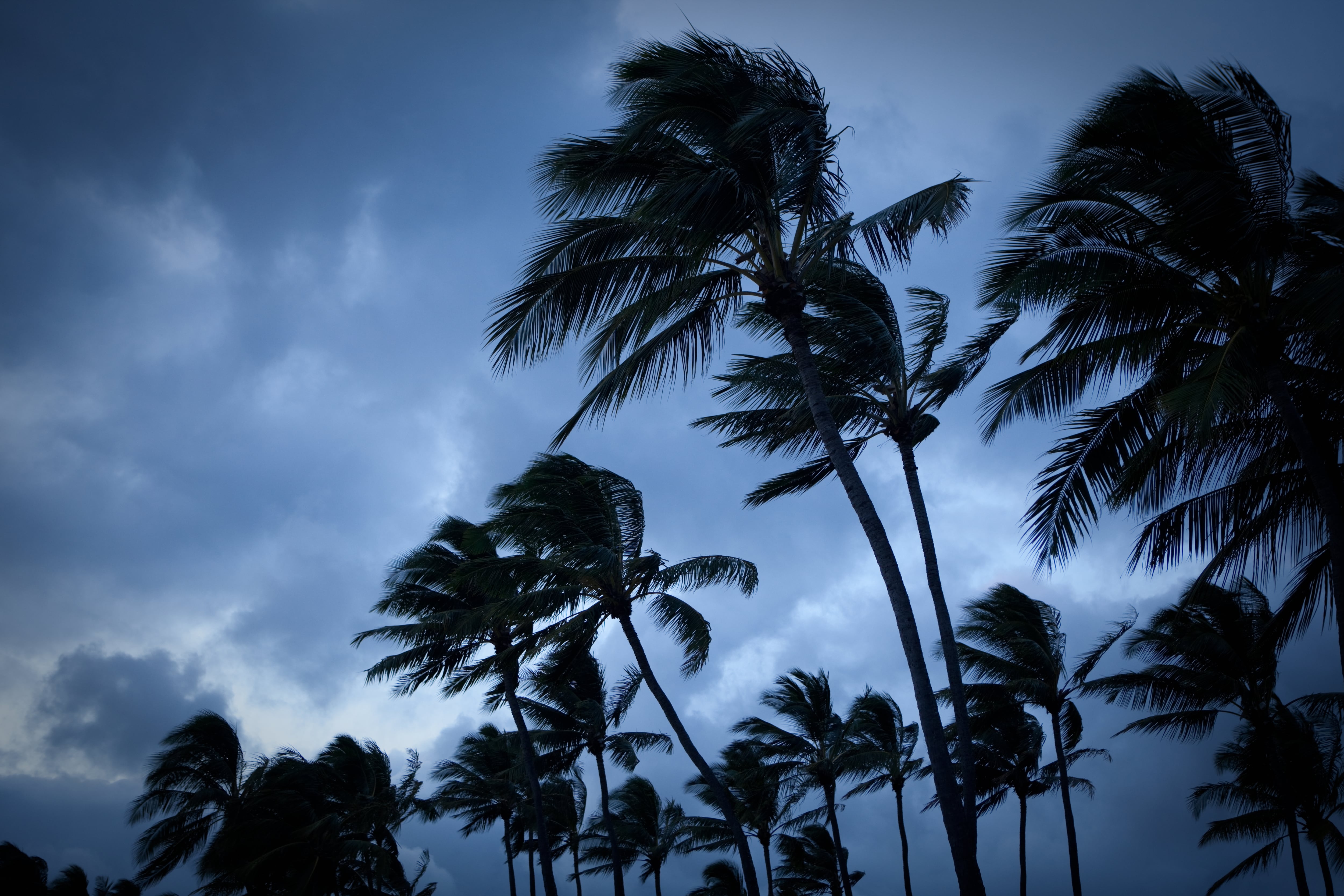The World Health Organization opted not to declare a public health emergency Thursday for a new strain of coronavirus that has already killed more than a dozen people.
"It's too early to consider that this event is a health emergency of international concern," Dr. Didier Houssin, who chaired the emergency committee, said in a conference call with journalists shortly after the conclusion of the second day of a global meeting in Geneva Thursday afternoon. He said it was too early as there are what he called a "limited" number of cases abroad and due to "the efforts presently made by Chinese authorities to try to contain the disease."
Houssin advised the global community to "be ready" for the virus to grow and lead to a potential declaration in the future. The deliberation was called "complex." The committee was not in agreement in its deliberations.
The SARS-like respiratory virus spread rapidly across China before appearing in the United States, Thailand, South Korea, Japan, Taiwan, Singapore, and the semi-autonomous city of Macao. As of Thursday morning, China had announced the quarantine of three cities, cutting off public transportation. A population numbering 18 million people who live in those areas will be impacted, including 11 million residents in Wuhan, the city about 500 miles from Shanghai where the disease is believed to have originated.
"Make no mistake, this is, though, an emergency in China, but it has not yet become a global health emergency. It may yet become one," WHO director-general Tedros Adhanom Ghebreyesus said. "WHO's risk assessment is that the outbreak is very high risk in China and regionally and globally." He said most of those who had died so far had underlying health conditions that weakened immune systems.
"It appears to family groups and health workers caring for infected patients. At this point there is no evidence of human to human transmission outside China but that doesn't mean it wouldn't happen," Ghebreyesus said.
Soldiers in Wuhan have already been seen barricading the entrance to the city's train station. Planes and trains had been canceled, and buses and ferries are not moving within the quarantined areas. Vehicles entering the city are reportedly being checked by police.

On Tuesday, U.S. officials announced a patient in Washington was diagnosed with the first confirmed case in the country. The man in his 30s arrived in the States on January 15 and sought medical treatment four days later.
The rapidly spreading respiratory virus has killed at least 17 people so far and infected nearly 600. Officials believe the virus can be transmitted through person-to-person contact.
Officials from Los Angeles, San Francisco, John F. Kennedy, Chicago O'Hare, and Atlanta international airports have stepped up screening for travelers from Wuhan.
There is currently no vaccine or medicine that can stop symptoms, and the WHO's announcement is seen as a call for an international coordinated response, like the ones seen for swine flu and Ebola. Investigators, trying to determine how the new strain of coronavirus 2019-nCoV, originated are focusing on an animal market in Wuhan which may have been involved in illegally traded wildlife.
Adding to concerns is that the outbreak is occurring during the popular Lunar New Year holiday season, a major travel period in China. Beijing has since canceled "major events" in the city. It had previously been estimated that Chinese travelers would make three billion trips during the Lunar New Year and Spring Festival holiday period between Jan. 10 and Feb 18.













